Uganda
The year 2023 saw a surge in discriminatory laws directed against LGBTI (lesbian, gay, bisexual, transgender and intersex) people on the African continent, according to a report by Amnesty International.
In a new brief covering 12 African states, Amnesty International exposes the increasing use of legal systems in 2023 to systematically target and discriminate against LGBTI people.
These include cases where laws have been used to persecute and marginalize members of the LGBTI community, highlighting a tendency to use legal mechanisms as instruments of repression.
“Across Africa, LGBTI people find themselves facing a worrying setback in progress, challenges to their identity and significant obstacles to their legal and social rights,” said Tigere Chagutah, regional director for LGBTI. East and Southern Africa at Amnesty International.
“Arbitrary arrests and detentions have increased, with simply being yourself considered a criminal offence,” he adds. In some places, the death penalty looms like a terrifying specter – an unjust and brutal punishment for being who they are. We face what is surely a growing crisis of a homophobic legal war."
On the continent, 31 countries continue to criminalize consensual same-sex sexual relations, in flagrant violation of human rights standards established at the African Union and global level.
Existing laws have tightened in several African nations.
Climate of fear and repression
In Uganda, where consensual homosexual relations were already illegal, the situation became tougher with the adoption of the Homosexuality Suppression Act in 2023.
In Ghana, LGBTI people continue to face persistent discrimination and a range of human rights violations. The situation could become even more precarious if the Ghanaian Parliament passes one of the strictest anti-LGBTI bills on the continent.
In Malawi, LGBTI people live in a worrying and hostile environment, with discriminatory legislation and human rights violations creating a climate of fear and repression.
In Zambia, there is a notable and worrying increase in homophobic sentiment. This upsurge appears to be due to a variety of factors, including existing laws, cultural norms, and political events that contribute to shaping a problematic environment for the LGBTI community.
In Kenya, a member of Parliament submitted the Family Protection Bill 2023. This includes measures likely to limit fundamental rights, such as the right to assembly, respect for private life and access to information and services relating to sexual and reproductive health. It aims to prohibit consensual same-sex sexual relations, same-sex marriage and related activities.
Amnesty International calls on African states and governments to publicly recognize and protect the fundamental rights of all, equally, without discrimination.
“It is important to recognize that these challenges facing LGBTI people in Africa go beyond legality and encompass a silent struggle for the hearts and minds of societies.
Undoubtedly, the abuse of rights increases their vulnerability and highlights the need for a coordinated regional and international intervention, said Samira Daoud, regional director for West and Central Africa. to Amnesty International.



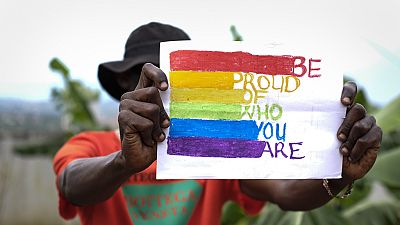

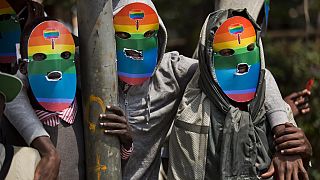
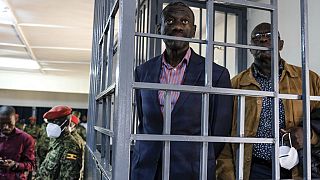
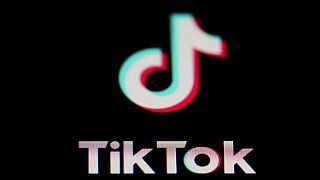
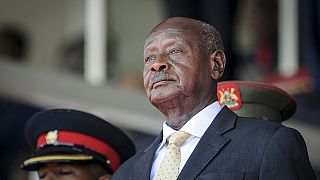



01:08
South Africa to implement National Health Insurance Bill despite resistance
00:51
Family of arrested Aid Worker calls for immediate release
01:04
Macron accepts PM's resignation amid new immigration law changes
01:00
WATCH: Bangkok's green march, protesting the potential cannabis ban
Go to video
Football: Mohamed Camara hides the badge in support of LGBTQ
01:49
South African president signs controversial healthcare bill into law